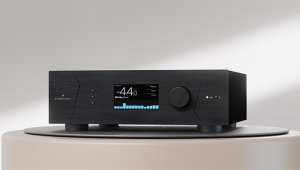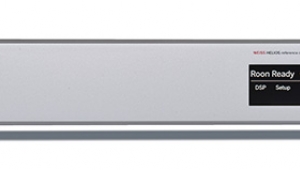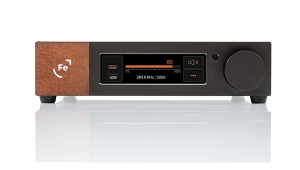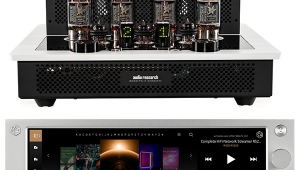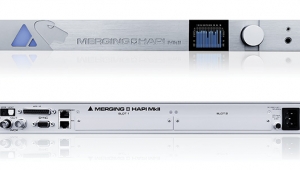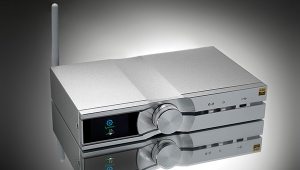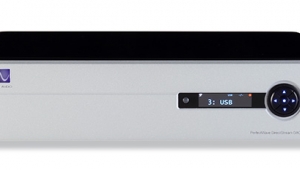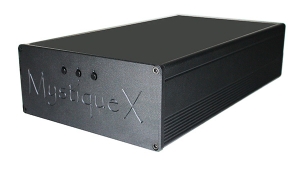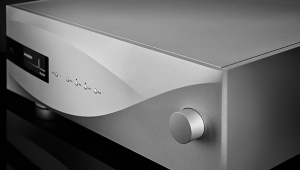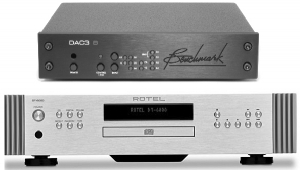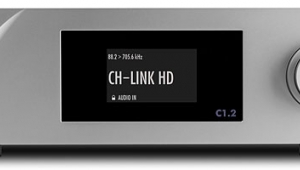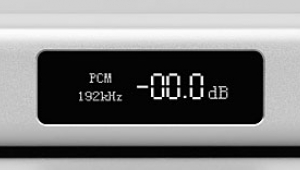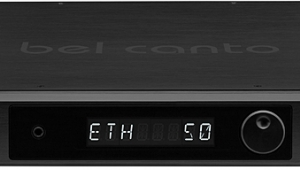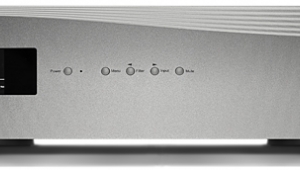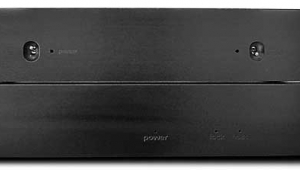| Columns Retired Columns & Blogs |
I really enjoyed the technical descriptions in this article; it’d be great if Stereophile could bring some of that technicality back in future articles. I haven’t thought about Coulombs in around 15 years so it was a nice mental workout. Not being an electrical engineer (but an engineer) I’m still catching up on the physics and theory of the hobby, but to my mind PDM sounds like it was a precursor to DSD. Any truth to that? Some technical history articles could be a good idea for a new column. (Unless some of that is already covered in print but not the website; I must confess to being a website-only reader.)



